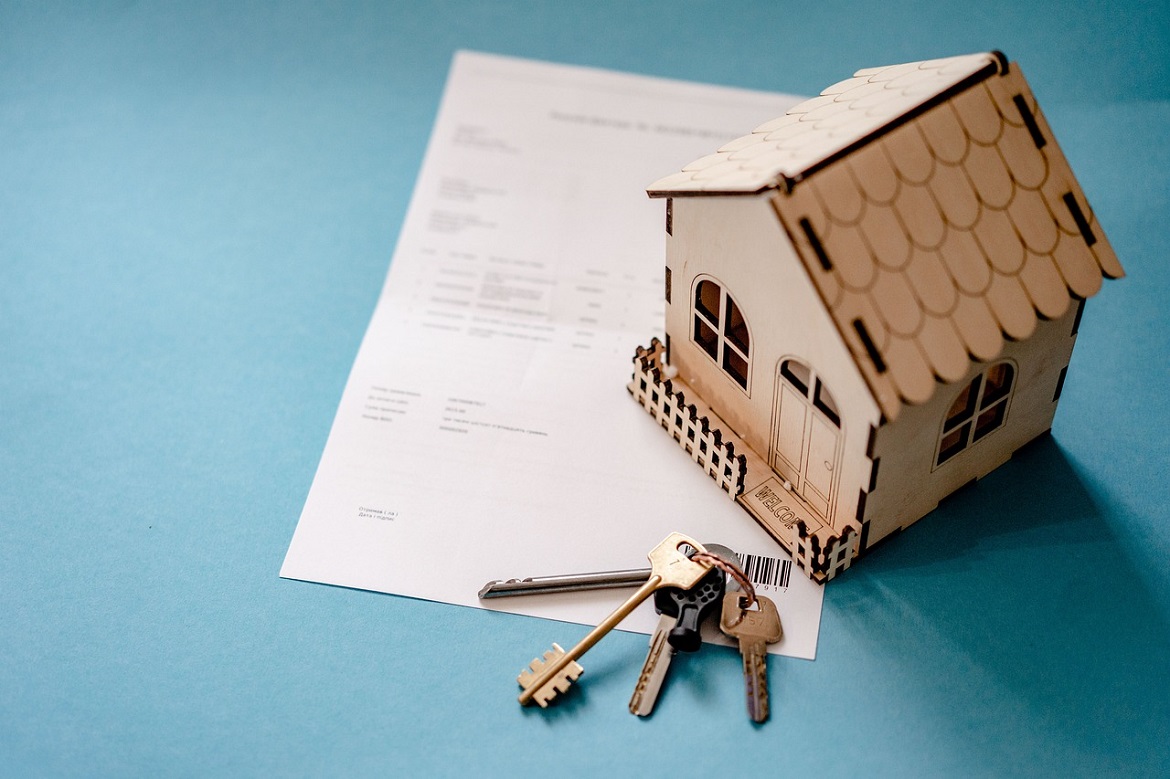Real Estate Investment terms you need to know

Navigating the real estate investment landscape in Kenya can be an exciting yet complex endeavor. To make informed decisions and unlock the full potential of your investments, it's crucial to understand the key terms and concepts that shape the industry. In this blog, we'll decode ten essential real estate investment terms you should know to embark on your journey as a successful investor in Kenya.
1. Capital Appreciation: Capital appreciation refers to the increase in the value of your real estate investment over time. In the dynamic real estate market, understanding how property values can appreciate is crucial for long-term wealth accumulation.
2. Rental Yield: Rental yield is a measure of the return on investment for rental properties. It's calculated by dividing the annual rental income by the property's value. Knowing the rental yield helps you assess the potential income from your investment.
3. Gross Rental Income: Gross rental income is the total income generated from a rental property before expenses, such as maintenance and taxes, are deducted. It's essential to analyze this figure to understand your property's earning potential.
4. Net Operating Income (NOI): Net operating income (NOI) is the revenue generated by a property after deducting operating expenses. Knowing your NOI is vital for evaluating the profitability of your investment.
5. Leverage: Leverage involves using borrowed capital, such as a mortgage, to increase your potential return on investment. It can be a powerful tool in the Kenyan real estate market when used wisely.
6. Due Diligence: Due diligence refers to the process of researching and evaluating a property or investment before committing to a purchase. It involves inspecting the property, reviewing financial documents, and assessing market conditions.
7. Off-Plan Investment: Off-plan investment involves purchasing a property before it is constructed. This approach can offer early-bird discounts and the potential for future appreciation but requires careful scrutiny.
8. Property Valuation: Property valuation is the process of determining the current market value of a property. This valuation helps you assess whether the property is priced appropriately and whether it offers a sound investment opportunity.
9. Real Estate Market Analysis: Real estate market analysis involves assessing the local property market's conditions, including supply and demand, property trends, and future developments. It's a critical component of informed decision-making.
Conclusion: As you embark on your real estate investment journey in Kenya, arming yourself with the knowledge of these essential terms is the key to success. By understanding capital appreciation, rental yield, and other critical concepts, you'll make informed decisions that can lead to profitable and rewarding investments.
